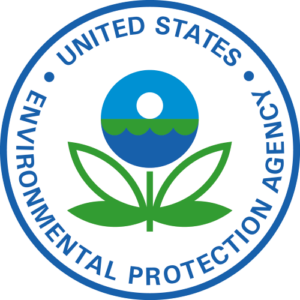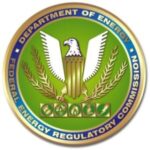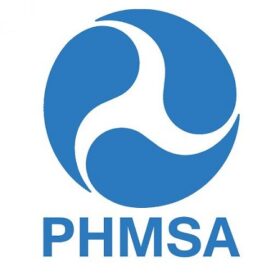
INGAA’s members and the Services have a mutual interest in improving the efficiency of the conference and consultation processes implementing section 7 of the Endangered Species Act (“ESA”). For interstate pipelines, improved efficiency speeds the ESA consultation process and makes it more predictable and less costly. For the Services, improved efficiency frees resources that can be reeâ€deployed to better serve the ESA’s goals and objectives. Improved efficiency also serves a broader public interest, fostering expansion of the infrastructure necessary to deliver clean, secure, abundant and domestically produced natural gas at a time when the nation is looking to natural gas more and more to meet its energy needs and climate change objectives. Consistent with these interests, INGAA recommends a series of concrete and specific measures, each intended to streamline and improve the consultation process without compromising the Services’ core responsibility to protect endangered and threatened species.
Through its comments, INGAA urges amendments to the consultation regulations that: (1) allow documents other than biological assessments to be used as the basis for formal consultations; (2) establish content requirements for biological assessments and alternative documents; (3) exclude the effects of future federal actions from the “cumulative effects” analyzed during a section 7 consultation; (4) authorize federal action agencies, non-federal representatives, project applicants, and their agents to prepare draft biological opinions for Service review and approval; (5) impose essential causation and reasonable certainty limits on the scope of the effects that can be examined in a section 7 consultation, with flexibility where appropriate to allow integrated consideration of individual projects; (6) welcome the use of reimbursable agreements, which allow parties to help fund the Services’ consultation work; (7) establish threshold criteria that eliminate the need for consultation when the federal action agency concludes that no take is anticipated from the contemplated action and the action’s affect on species and habitat is beneficial, nonnâ€existent, insignificant or incapable of meaningful identification; (8) use best practices and blanket clearance letters to by-pass some consultations and narrow the scope of others; (9) eliminate intra-Service consultations; (10) allow similar projects to be grouped together for informal consultation, as they are currently allowed to be grouped together for formal consultation; (11) establish a 30-day deadline for the Services to respond to requests to concur with “not likely to adversely affect” (“NLAA”) determinations; (12) allow a one-time extension of the concurrence deadline, for a maximum period of 30 days, provided a written justification is provided to affected third parties; (13) declare that a failure to respond to a concurrence request within the 30-day deadline constitutes Service concurrence with the NLAA determination; (14) measure the deadline for completing formal consultations from when the Service receives when a consultation request, not when the Service determines that the biological assessment is complete; (15) establish an administrative appeals process or other form of internal review to ensure consistency in Section 7 determinations and how consultations are conducted; (16) establish an electronic bulletin board or other publicly accessible database that would include, at a minimum, each listing decision, biological opinion, unforeseen circumstance determination and incidental take statement. INGAA further urges the regulations exclude global warming from the effects to be considered in section 7 consultations.







